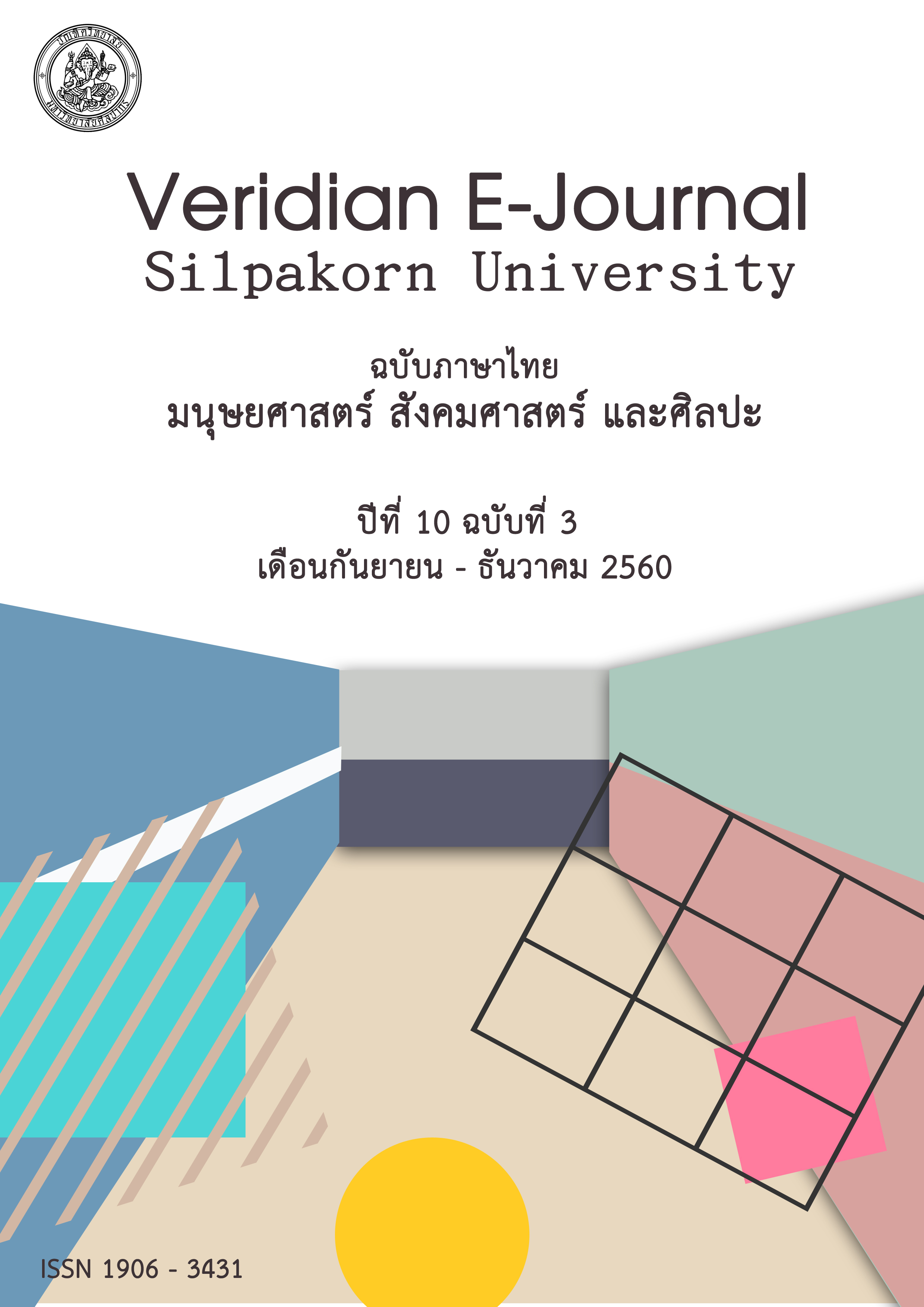การจัดการความขัดแย้งในงานพัฒนาชุมชน
Main Article Content
บทคัดย่อ
การพัฒนาชุมชนเป็นการปฏิบัติงานกับคนหลากหลายลักษณะย่อมมีความคิดเห็นที่ ขัดแย้งกันได้และปัจจุบันจำนวนประชากรมีมากขึ้น ทรัพยากรมีจำกัดความขัดแย้งย่อมเกิดได้บ่อยกว่าอดีต ดังนั้น ความขัดแย้งควรได้รับการจัดการอย่างเหมาะสมจึงเป็นสิ่งสำคัญเพื่องานจะได้บรรลุตามวัตถุประสงค์ ความขัดแย้ง เป็นการไม่ลงรอยกันระหว่างบุคคลหรือกลุ่มคน แนวคิดเรื่องความขัดแย้งในปัจจุบันมองว่าเป็นเรื่องปกติ และ มีประโยชน์ถ้ามีการจัดการความขัดแย้งได้เหมาะสม การจัดการความขัดแย้งมีหลากหลายวิธี แต่วิธีที่เหมาะสมกับการพัฒนาชุมชนที่ต้องอาศัยการมี ส่วนร่วมในการพัฒนาจึงควรแก้ปัญหาด้วย การมีส่วนร่วมของชุมชน โดยวิธีการ 1) เริ่มจากการให้ข้อมูลข่าวสารแก่ประชาชนหลังจากผู้นำโครงการตัดสินใจให้มีโครงการ 2) สร้างกระบวนการมีส่วนร่วมในการได้รับฟังความคิดเห็นของประชาชน 3) การให้ประชาชนมีส่วนร่วมตัดสินใจ และ 4) การมีส่วนร่วมในข้อตกลง โดยการเจรจาไกล่เกลี่ยในการแก้ปัญหา วิธีการมีส่วนร่วมจากประชาชน และผู้เกี่ยวข้องงานกับงานพัฒนาจะส่งผลให้คู่ขัดแย้งทุกฝ่ายมีความพึงพอใจเป็นแบบ ชนะ - ชนะ (Win - Win) ทำให้งานบรรลุผลสำเร็จและบุคลากรมีความพึงพอใจในการทำงานพัฒนาให้เจริญก้าวหน้าต่อไป
Community development dealt with working with various people with different characteristics. Conflict in their opinions could, therefore, exist. Besides, the increase of population and the limitation of resources cased more frequent conflict than that existed in the past. Therefore, conflict should be properly managed, which was important for achieving goal. Conflict was disagreement between persons or groups of people. The concept of conflict, was, viewed as a normal situation and was useful if it was properly managed. There were several approaches in conflict management. However, the one proper to community development which relied on participation in development was problem solving by community participation as follows: 1) providing people the information after the project manager made decision on project implementation, 2) establishing participation process in public hearings, 3) having people participate in making decision, and 4) having community participate in agreement and negotiation in solving problems. The participation of people and other parties relevant to development could result in satisfaction of win-win solution, resulting in work achievement and personnel’s satisfaction in continuously working for the future growth.

